[한경에세이] 감성으로 포장된 BT
우리의 연구 대상인 인간 세포란 변덕스럽고 예측 불가능하기 짝이 없다. 그러나 이건 아무것도 아니다. BT 연구자들은 그러한 불가측의 연구 대상과 씨름해야 하지만 그보다 더 어려운 일은 BT와 감성적으로 얽혀 있는 다양한 사람들의 기대와 요구에 어떻게 대응하느냐다. 새로운 반도체 기술보다 인간의 생명과 건강을 다루는 BT에 관심이 많은 만큼 기대도 크고 요구도 많다.
BT가 어렵고 재미있는 이유는 또 있다. 예를 들어 신종 플루 백신을 개발하는 과정에서 겪어야 하는 바이러스의 위협과 공포는 다른 분야에서 느끼지 못하는 재미일 수 있다. 또 BT의 정치적인 영향도 상당하다. 수조원이 드는 치료제 개발이나 공중 보건을 다루다 보니 사회 전반에 대한 영향이 클 수밖에 없다. 여기에다 BT는 인도주의적 사명도 수행해야 한다. 제3세계의 수백만 명에 달하는 사람들이 앓고 있는 각종 질병에 대한 치료 기술도 만들어 내야 한다. 이처럼 BT와 무관한 사람은 없다. 건강이 행복의 관건이기 때문이다. 그러니 BT에 관한 말도 많고 탈도 많을 수밖에 없다.
하지만 관심과 흥미가 지나쳐 생기는 문제점은 심각하다. BT에 대한 감성적인 접근은 BT에 관한 비합리적이고 부적절한 의사 결정으로 연결된다. 이러한 관심과 기대를 악용해 성과를 과대 포장하고,절박한 환자들에게 말도 안 되는 기대를 갖게 하는 과학자들이 있다. 이들이 활개를 치는 것은 BT를 감성적으로 바라보는 사회 분위기 때문이다. 예를 들어,단기간에 치료제나 예방책을 쉽게 개발하겠다는 연구에 대해서는 과학적 실현 가능성을 따지지도 않고 지원하는 당국자들,공부 잘하는 유전자,범죄 유전자,배신 유전자 등 지나친 단순화로 독자의 관심을 끌고자 하는 언론의 책임 역시 크다. 많지는 않지만 말도 안 되는 BT 프로젝트에 투자하는 어리석은 사람도 있다.
그럼에도 BT는 가장 확실한 미래 성장동력이다. 우리 사회가 BT에 대한 합리적인 시각을 갖는다면 시간이 걸리더라도 분명히 반도체를 능가하는 가치를 만들어 낼 수 있다. BT의 잠재력을 최대한 활용하기 위해서는 BT에 대한 감성적 시각과 과장된 기대가 없어져야 한다. BT를 어렵게 만드는 것은 '과학이 아닌 신념에 근거한 의사 결정' '막연한 희망 부풀리기'다. 이러한 상황을 만든 사람은 바로 우리 BT 연구자들 아닌가. BT의 성공을 위해 이제는 단기적 이익만 쫓는 감성적 게임을 끝내야 한다.
울프네바스 한국파스퇴르연구소장 ulfnehrbass@ip-korea.org
[영문 원고]
When technology goes emotional…
Ulf Nehrbass, CEO, Institut Pasteur Korea ulfnehrbass@ip-korea.org
you know, I really love my job, and honestly, I would not want to change it for anything else. But sometimes, don't you sway off daydreaming on how it would be if you worked somewhere else? Instead of biotech, say in the semiconductor business, or the car industry? Even as I write this, it gives me that silly smile on my face; Gosh, life could be so easy….
You don't agree? Well you have no idea. Just try to imagine how moody and unpredictable human cells are in their daily routine. But that is actually the easy part. Because on the other side of the "Petri dish" biotechnologists have to deal with an entire camarilla of onlookers and prospectors who have a big emotional stake in our business. Because biotech deals with life and it deals with human health, topics that go under the skin, much more than say, a new chip. There is threat and fear involved when Biotech buffers the response to swine flu with new vaccines. Biotechnology has political implications where therapy development deals with public health, implying trillions of dollars and affecting the very social fabric of our societies. Biotechnology has a humanistic or Christian mission, as millions of people in the third world wait for answers to neglected diseases. And very concretely, biotechnology touches upon each of us where a healthy, youthful body has been declared the main staple of our individual happiness. Many onlookers, many opinions.
Beyond the attention and glamour, this exposure directly affects the core of the business. With emotional implications of biotechnology come irrational and bad decisions on all sides. This involves scientists who have the bad habit of overselling incremental progress into ridiculous promise. If they constantly get away with it, then because of the emotional context of their reality. It includes the decision makers, who prefer to overfund allegedly simple solutions and diseases that might affect them one day. It includes the media, its love for oversimplification and a genomic humanity; The gene for intelligence is the latest bogus I had to hear about, following other silly discoveries like the gene for criminality or the gene for infidelity. And to some lesser degree it still includes investors following up on meaningless projects, much beyond the expiry date.
Biotechnology is an effective future growth engine and by far the most interesting one. The core of our business is simple, clear and rationally accessible, much like micro-chip development, albeit on a more long term basis. But to live up to its full potential biotechnology has to be stripped of the emotionalization and exaggerated expectation it is exposed to. Faith based decision-making and unfounded hope has kept the loose end of the industry afloat for much too long. We have mostly ourselves to blame for this situation. The life science and biotech sectors have to make more efforts to bring our technology to its full potential in a responsible fashion, without playing the emotional card for short-term gains.
-
기사 스크랩
-
공유
-
프린트
![[한경에세이] 소상공인 지원기관이 될래요](https://img.hankyung.com/photo/202404/07.35991182.3.jpg)
![[다산칼럼] 2024년 주주총회가 남긴 성과와 과제](https://img.hankyung.com/photo/202404/07.34201783.3.jpg)
![[차장 칼럼] GTX가 '교통혁명' 되기 위한 조건](https://img.hankyung.com/photo/202404/07.30302760.3.jpg)

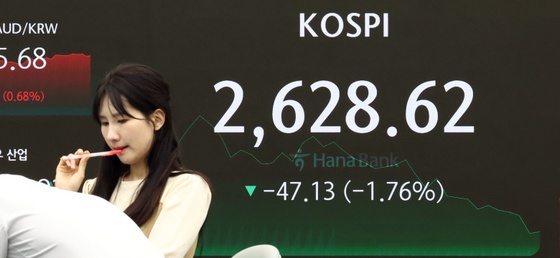

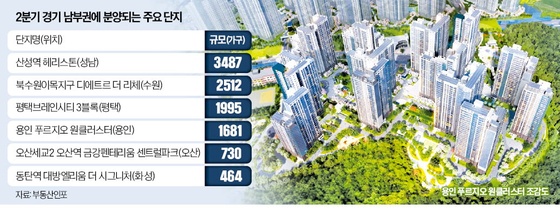
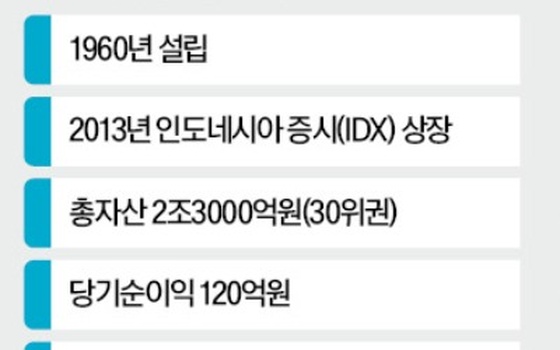
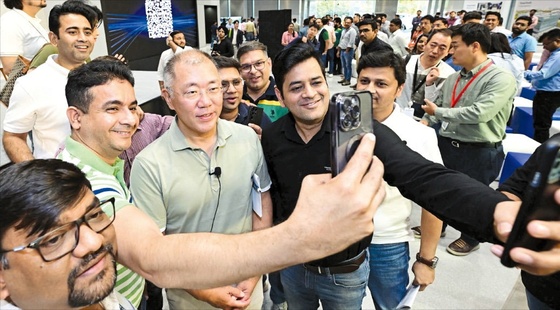


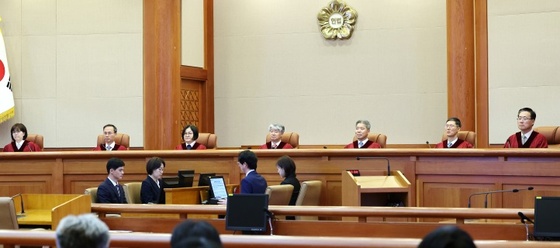
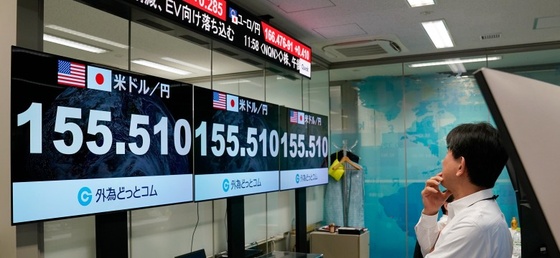
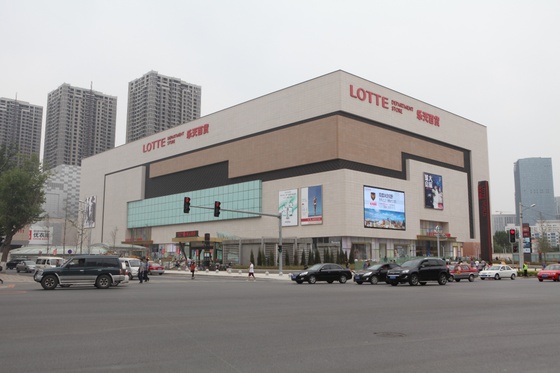
![[오늘의 arte] 독자 리뷰 : 당신의 미술 취향은 무엇인가요](https://timg.hankyung.com/t/560x0/photo/202404/AA.36523699.3.jpg)